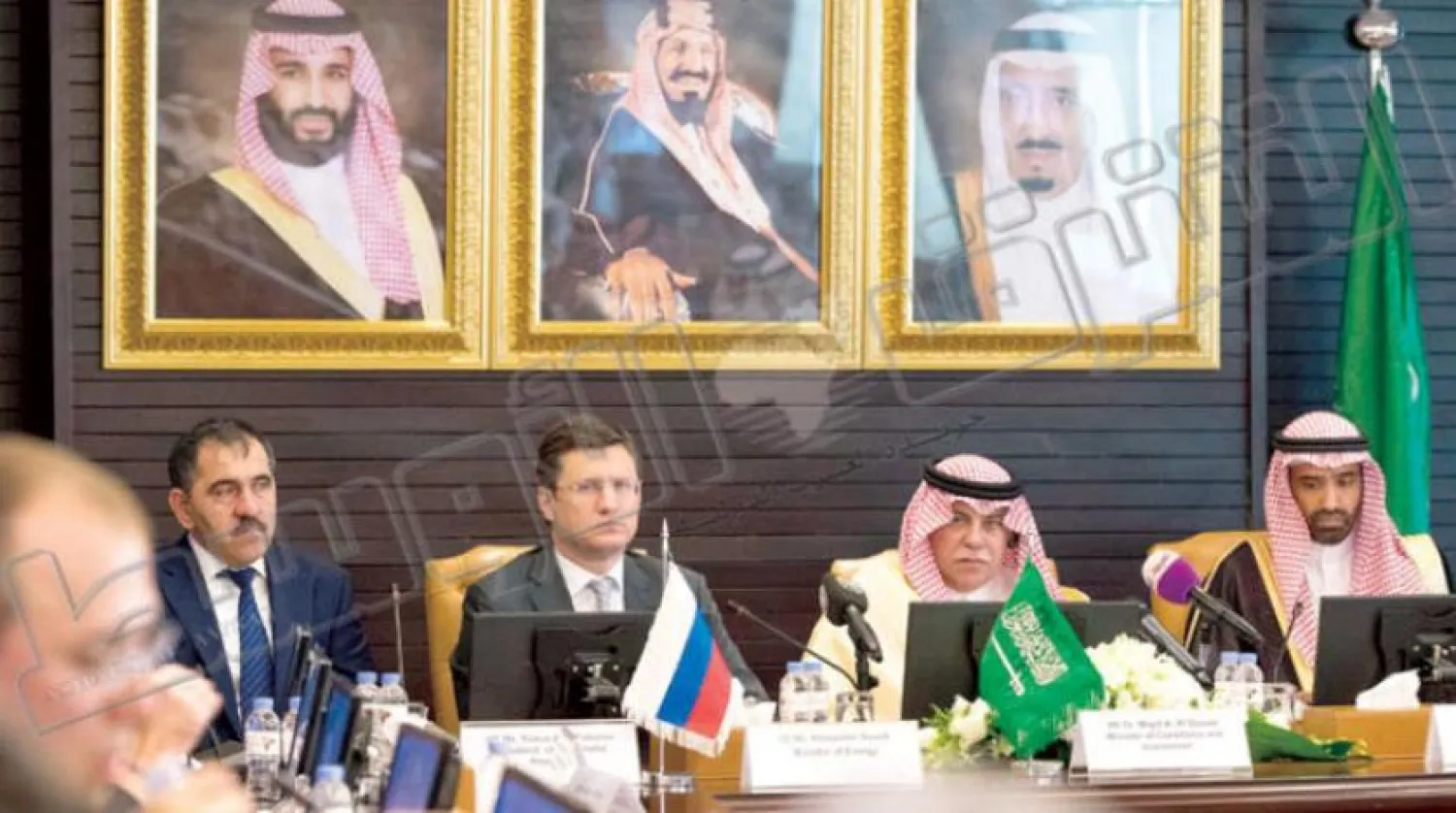Russian Energy Minister Alexander Novak asserted that the Russian firms will take part in NEOM, noting that the recent visit of Custodian of the Two Holy Mosques King Salman bin Abdulaziz to the country resulted in an increase in bilateral trade to more than 70 percent in one month only.
In his statement to Asharq Al-Awsat, on the sidelines of the Saudi-Russian Joint Business Committee meeting, Novak added that the tight Moscow-Riyadh cooperation according to December agreement last year is the reason behind the stability of the global oil markets prices and the rise of oil prices to USD60/barrel.
“Russian-Saudi ties developed recently in a remarkable manner, especially after the visit of Custodian of the Two Holy Mosques King Salman to Moscow and his meeting with Russian President Vladimir Putin – the visit gave a boost to reinforcing comprehensive cooperation and deepening ties in all fields,” declared Novak.
He added that NEOM project, launched by Crown Prince Mohammed bin Salman, is one of the most giant projects of interest to Russia and that the Russian firms will hugely participate in it. Novak shed light on the positive cooperation between the two countries in the energy sector and the possible join work to stabilize the prices of oil, stressing that this approach will continue amid both countries commitment to not increasing production.
Major cooperation fields are developing peaceful use of nuclear energy, developing cooperation in energy sector and updating various technologies, according to Novak.
On the outcomes of both countries business sector meetings in Riyadh on Thursday, the Russian energy minister stated that the businessmen suggestions will be taken into consideration such as organizing exhibitions for both countries’ products and facilitating visas.









